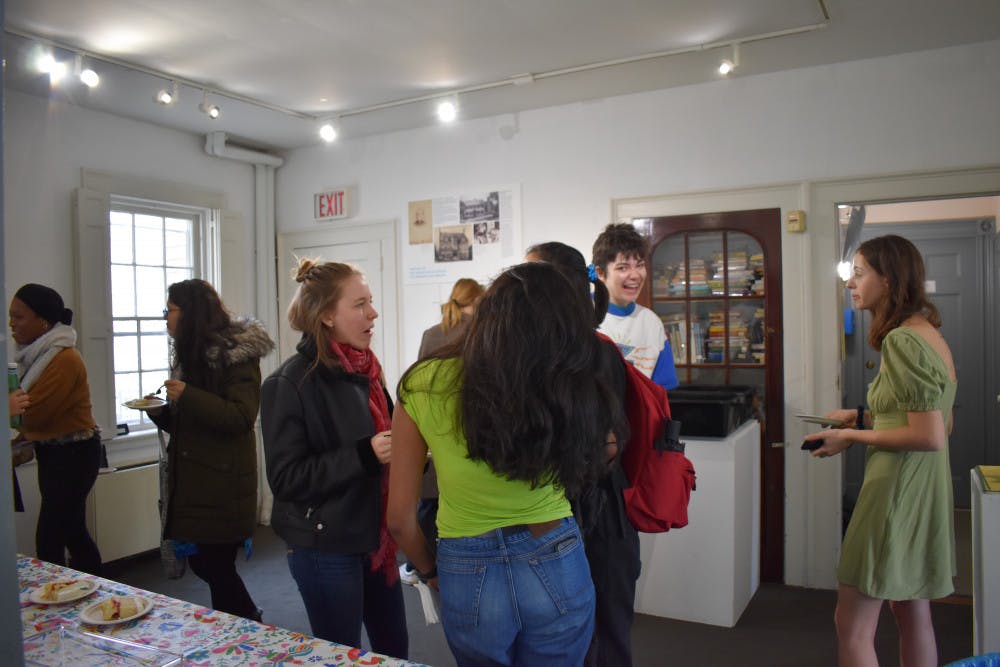On March 2, the Sarah Doyle Center for Women and Gender celebrated the start of Women’s History Month and their Women’s History series. With the theme of “Radical Roots,” this year’s event series is comprised of lectures and workshops taking place across campus.
Throughout the month, the center will present lectures given by University faculty and notable guest speakers, including Combahee River Collective founder Margo Okazawa-Rey, Penn State University Associate Professor of English and African American Studies Shirley Moody-Turner, Curator of Rhode Island Collections at the Providence Public Library Kate Wells and Assistant Professor of History Emily Owens. A long-standing tradition of the center since the 1990s, this year’s Women History Month not only includes presentations on women’s education, health and sexual identity, but also hosts casual lunch time conversations in which students can ask speakers about their activism, scholarship and personal experiences as women. Events will run until March 18.
Choosing the theme and selecting the speakers were “collective” decisions made by the SDC staff in their weekly meetings, according to Senior Assistant Director Felicia Salinas-Moniz.
The theme of “Radical Roots” was “born out of a few of our staffers who were doing programming around our community garden,” Salinas-Moniz said.
While considering the radical feminism of the 1980s and the garden project at the same time, SDC staff realized that the words “radical” and “radish” had the same etymology — both evolved from the Latin word “radix,” meaning “root.” So, they decided that this year’s series would be represented by the symbol of the radish.
“We’ve always been very thoughtful with our theme and tie it in within all the programs, but this is the first time we’ve thought about the logo and these other elements to piece (the series) together,” Salinas-Moniz said.
“We were thinking about the garden … and (the director of the SDC) was thinking a lot about the radical feminist tradition we’re inheriting,” explained Billie McKelvie ’21, the center’s zine librarian. McKelvie mentioned the rise of an ecofeminist movement and how thinking about combining the community garden and feminism has caused a lot of conversations about “the current political moment we’re in.” “It just came together,” they added.
“For all our programming … the history is the key component,” Salinas-Moniz said. “We try to bring events that are varied in nature, but we make sure we have events that highlight important moments in feminist history.”
Salinas-Moniz also emphasized the center’s aim to bring in speakers that “give a more complicated and nuanced” interpretation of crucial moments in feminist history, like the women’s suffrage movement in the 19th century and its disparate impacts on white women and women of color.
The ultimate goal of the series, aside from showcasing feminist history and supporting current feminist work, is to “bring more awareness to the scope of things that our Center does,” said Salinas-Moniz.
“We have a wide reach,” she added. “I want students and the campus community to know that they can find a home here.”





